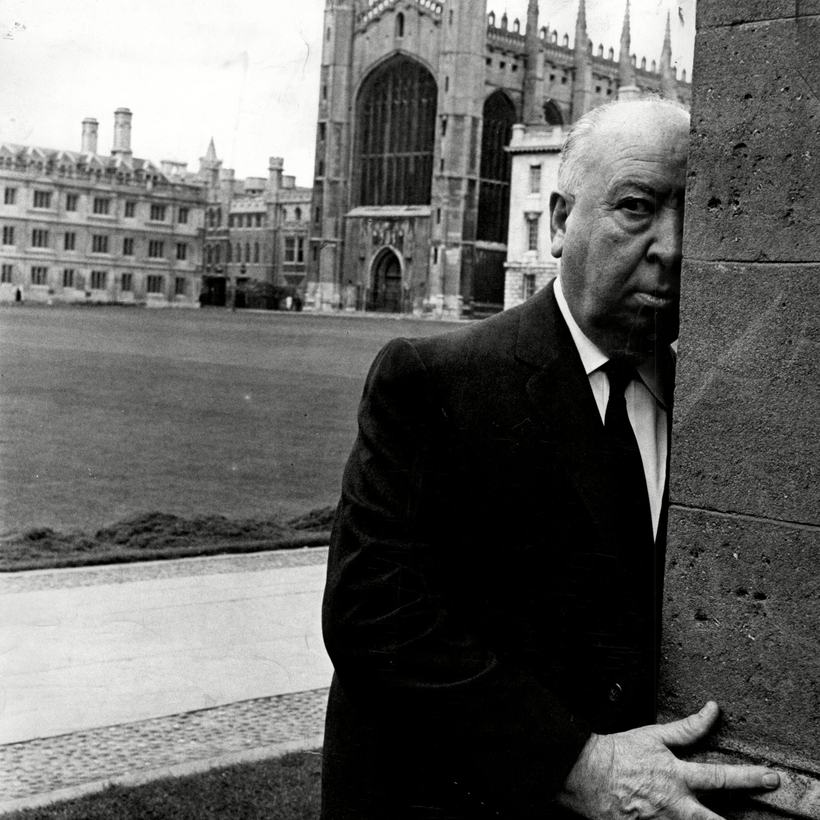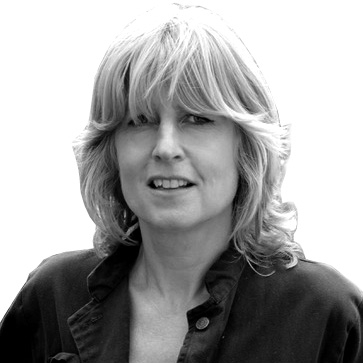This has been, uh … an unpromising start to 2021, as the whole of the U.K. has been plunged into dark months of lockdown yet again.
Life continues to be hard, boring, and dangerous, and not only because 1 in 50 of us has the virus.
And it’s especially risky for “celebrities.” (I use the term loosely, in the sense of people you’ve never heard of until they’re in the sidebar of shame in MailOnline.) Why? Because they risk being ratted out—or ratting themselves in by mistake—every time they leave the house for the very thing that makes them famous: they are recognizable, even in a mask and beanie.
I have made my operating principle, for the past year, this question: Could this course of action lead to an unfortunate headline in a supermarket tabloid?
With lockdowns, the answer is almost invariably yes.
The year 2020 was a write-off for everyone, but the coronavirus restrictions were especially tough on our poor slebs. As soon as one was spotted doing anything save some worthy charity gig on Zoom in their living room, they were toast. Judge and jury in every trial are the red tops, Twitter, and public executioner Piers Morgan, who has denounced almost everyone even though he himself was rumored to have spent the Christmas holidays in the Caribbean (thereby breaking travel restrictions).
Yup, almost every day of 2020 was Judgment Day, not just for the rich and famous but for everyone, and now we have two more months—maybe longer—of disapproval and opprobrium to get through.
Could this course of action lead to an unfortunate headline in a supermarket tabloid? With lockdowns, the answer is almost invariably yes.
The neighbors who didn’t clap for carers. The uncaring families who drove to their second homes in Cornwall. The selfish London girls who took an Airbnb in darkest Wales and were evicted in the middle of the night by two local heavies after the village sold them out. They are “Covidiots” all, to be publicly outed—even reported—for their crimes.
Basically, in March, the U.K. went from being a free country to a police state overnight. And when I say “police,” Joe Public took on the mantle of law enforcement with a zeal that would have impressed the Stasi.
What made this even more sinister was that the everyday actions on which the Lives of Others were being judged were so mundane. A married couple in anoraks going for a nature ramble were filmed by a police drone, and their perp walk made the evening news.
The list of famous people who have fallen foul of the coronavirus laws is as long as my arm, but let’s recap on the rule-makers turned rule breakers for whom a special place in media hell is reserved.
The one that everybody in London and across the U.K. will remember for all time will be filed under two words: Barnard Castle. Driving 25 miles on his wife’s birthday to this scenic spot he himself had recommended during a lockdown led to calls for Dominic Cummings, the prime-ministerial adviser, to resign. Crossing town to see a lover when we’d been ordered to stay home on his advice led to a spell in Siberia for Neil Ferguson, a.k.a. “Professor Lockdown.” There was chat that Matt Hancock, the health minister, had broken the official 10 p.m. curfew in a House of Commons bar, a charge he’s denied. More recently, Scotland’s First Minister Nicola Sturgeon had to commit verbal seppuku after taking her mask off at a wake.
Although I am not in public office, in May even I was splashed across the pages of the Daily Mirror (Boris Johnson’s sister FLOUTS LOCKDOWN to stay at SECOND HOME and PLAY TENNIS) after two men staked out my house and took long-lens photos of me in mismatched tennis togs.
Although I am not in public office, in May even I was splashed across the pages of the Daily Mirror.
That was a good old-fashioned tabloid sting. But combine exhibitionism with social media and the press doesn’t have to lift a finger most days when it comes to the new national pastime of coronavirus-shaming. People self-incriminate the whole time! If I had one piece of advice—apart from: Don’t break the rules—it’s this: If you do break the rules, try not to post the evidence on Instagram for all to see.
The locus classicus of the genre so far is the theater producer Nick Allott’s photo of a shooting lunch (disclosure: Nick is a friend of mine) that he posted on Instagram. In normal times, the only noteworthy feature of this quintessential English country scene—faded linen, antique china, flowers in little vases, Labradors—was that only one tweed-clad gun in a flat cap (Nick) was on the claret, and another lunch guest was playboy actor Dominic West. But these are not normal times.
Nick was damned, and why? There were eight places laid. And the regulations, Your Honor, permit only six. Allott took the offending picture down, unlike Kim Kardashian, whose posts and replies pertaining to her humble 40th-birthday party on a private island are still very much up on Twitter, including singer Peter Frampton’s response: “Are you that insensitive you don’t realise this is not what the majority of people during the worst Covid spike yet want to hear? People are going to food banks not private islands.”
Yet, still, four Premier League footballers were predictably branded “Covidiots” for going to a family Christmas gathering and posting the group pic on social media. In Rio, Neymar the Brazilian footballer allegedly threw a five-day rave that was not actually illegal but nonetheless condemned by officials as “hurting sanitary principles.”
As there’s no vaccine for spite and envy, not even the royals are immune from all this un-British censure and judgment.
When the families of Prince William and Prince Edward bumped into each other along a festive “light trail” at Sandringham, they were accused of breaking social-distancing laws.
The sad fact is, nobody is very clear on what’s allowed and what’s banned. The Times reported on January 4 that almost 350 people have been wrongly charged under the Draconian legislation brought in for our “safety,” the Coronavirus Act and the Health Protection Regulations.
Big Brother Watch, a campaign group against government overreach and intrusion, warned, “Police need to get a grip on these new laws and stop the endless unlawful prosecutions.” In response, the police have just promised to double down.
All I can hope for the New Year is that sometime soon we will look back on this nasty, puritanical era of coronavirus-shaming as a random blip and start condemning people on their looks, wallpaper, wine, dogs, and friends, etc., again very soon indeed.
This is no fun at all.
Rachel Johnson is a journalist and author. Her books include The Mummy Diaries, Notting Hell, and Rake’s Progress: My Political Midlife Crisis


